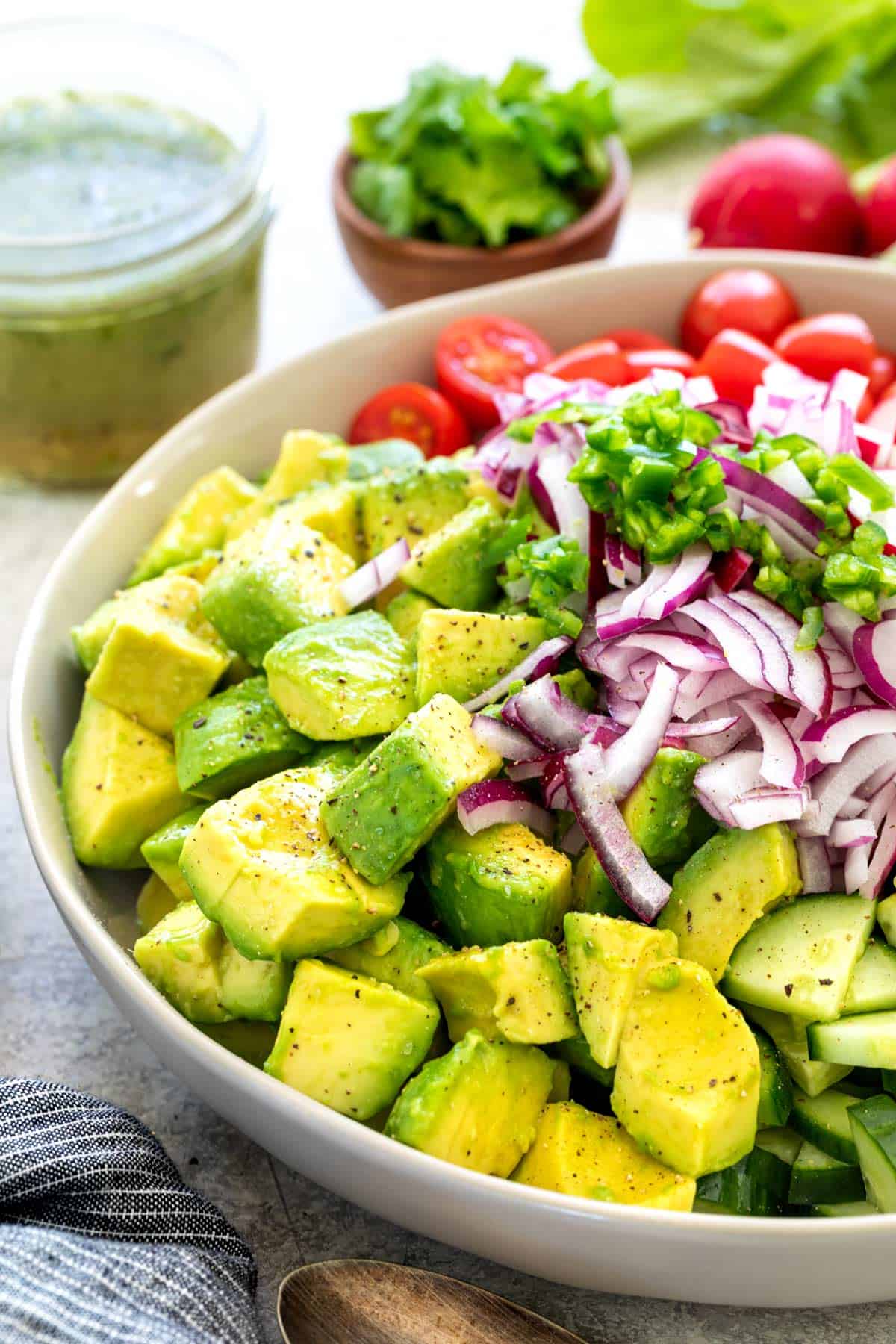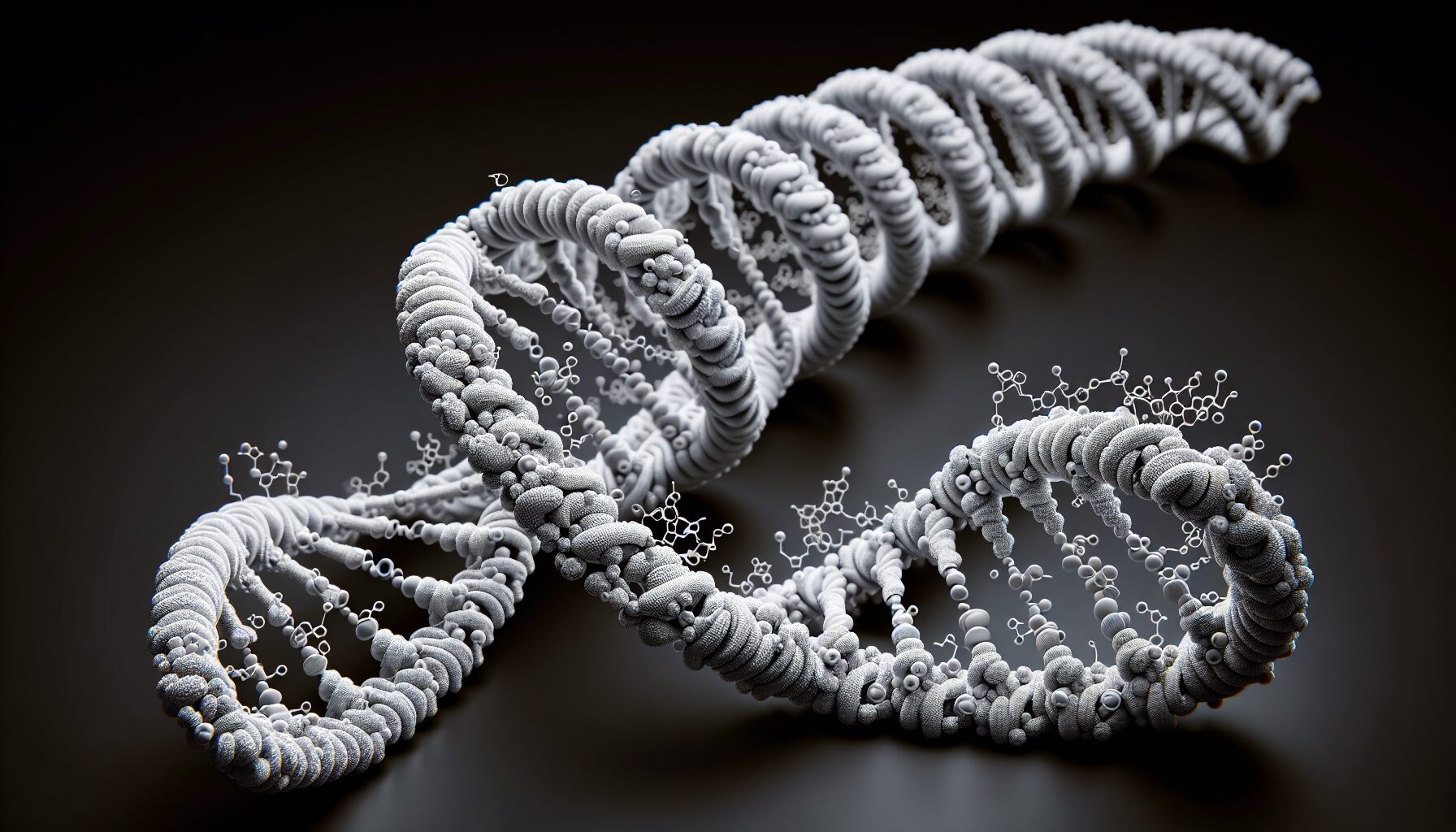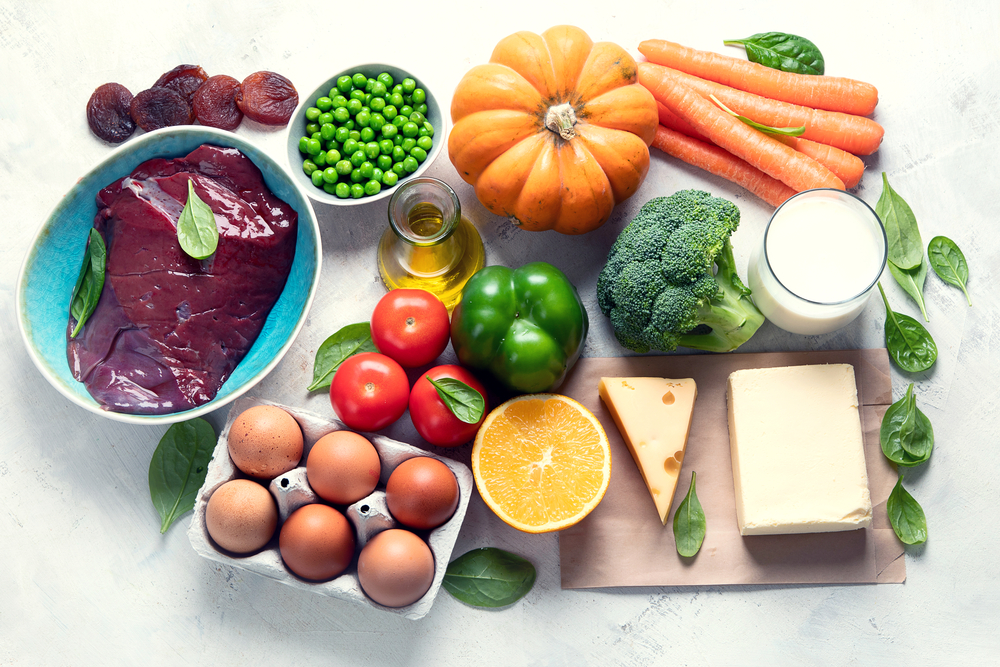
Fat Soluble Vitamins: A, D, E and K
What Are The Fat Soluble Vitamins
Fat soluble vitamins are vitamins that require fat for them to be absorbed into the body. They generally bind to a fat molecule or lipid and then are absorbed into the body.
There are 4 main fat soluble vitamins including, vitamins A,D, E and K. They are mostly absorbed in the intestines. You might think they have similar roles but they are very much independent and just share the same absorption pattern.
If you’ve been prescribed or are taking a supplement of vitamins A, D, E and or K you will need to also consume an amount of fat with those for them to be absorbed.
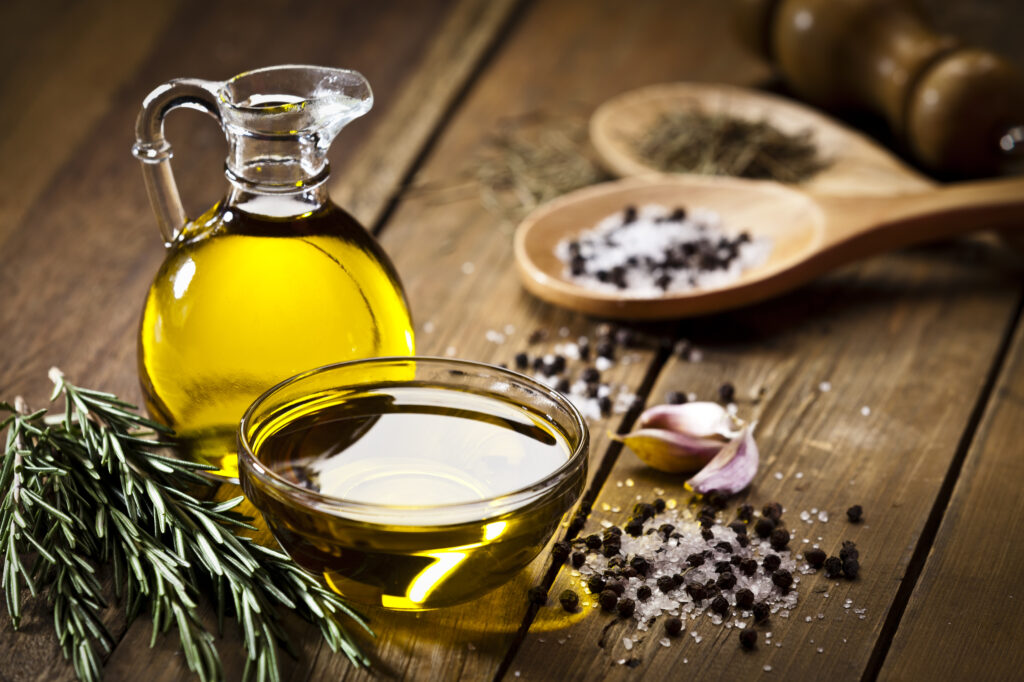
Foods Containing Healthy Fats to Help Fat Soluble Vitamins Absorption
As mentioned vitamins A, D, E and K will need healthy fats to guide the intake into the body. Fats are found in liquid from, oils, or solid form, butter or lard.
Foods like salmon contain healthy fats such as omega 3 oils that will help with fat soluble vitamins absorption.
Other foods include cheese and yoghurt. Greek style yoghurts or Kefir make a nice and healthy breakfast or desert.
Cheese is probably one of the best ways to intake fat soluble vitamins, considering the density of fats in cheese.
Vitamin A
Vitamin A is found in fish, liver and carrots in high quantities. This fat soluble vitamin usually has a slightly orange or red colour that you would associate with carrots.
This is because some forms of vitamin A are known as carotenoids, sharing this name with carrots. Carotenoids display a bright orange colour when available in large amounts.
The recommended guideline amount of vitamin A is about 700 micrograms a day, however men do need slightly more than this. Deficiencies in vitamin A will cause night blindness and odd discoloured growths on the skin, called hyperkeratosis or acne.
Minor toxicity will lead to fatigue, sleepiness, rash and headaches. Of all the fat soluble vitamins it is one of the easiest vitamins to build up a toxicity in.
Vitamin A as an Antioxidant
There are different types of Vitamin A some are slightly different in their function. Beta carotene is a strong antioxidant protecting from DNA damage.
Retinol is also an antioxidant but not as strong. Our eyes use a lot of vitamin A and you find compounds like retinol in many beauty products.
Vitamin A is needed for colour and low light vision by the eyes. Optimal fertility for men and women also depends on vitamin A.
Vitamin A protects your eyes against age related decline in vision called macular degeneration.
This is because of its antioxidant potential and ability to aid the normal formation of collagen in the skin layers. Your body can convert beta carotene into retinal if it needs to.
Vitamin A forms are absorbed in the small intestines. Beta carotene is called pro vitamin A because for to be used as vitamin A, in the active form, it must be converted to retinol.
This happens in the liver where vitamin A can be stored ready to use. The body can then convert retinol to retinal, the active form the body uses, quite easily.

Vitamin D
We have covered vitamin D in some detail in our vitamin D series, including foods high in vitamin D and how vitamin D can aid depression.
Vitamin D is one of the most well known fat soluble vitamins. You can find vitamin D in liver, cod liver oil, red meat, kidney, eggs and certain fish. The recommended daily intake of vitamin D is 15 micrograms.
The main function of vitamin D in the body is to regulate calcium intake for bone and teeth mass. Bone and teeth calcium levels fluctuate, even in later life. Calcium can be absorbed throughout the digestive tract.
We highly recommend eating a fatty and calcium rich food like cheese with a vitamin D rich food, because the absorption and use of both go hand in hand.
Vitamin D also helps maintain the levels of phosphorus in the body, the main symptoms of deficiency are malformed or lumpy bones and soft bones or weak bones. This is known as rickets and in the latter case osteoporosis.
You can make Vitamin D in the skin from cholesterol or consumed it in your diet, where it is absorbed with fats.
Vitamin D is also known as cholecalciferol. Once formed in the skin or digested is transported to the liver and then kidneys. This fat soluble vitamin is a pro hormone, that is key to regulating the production of other hormones like testosterone, oestrogen and serotonin.
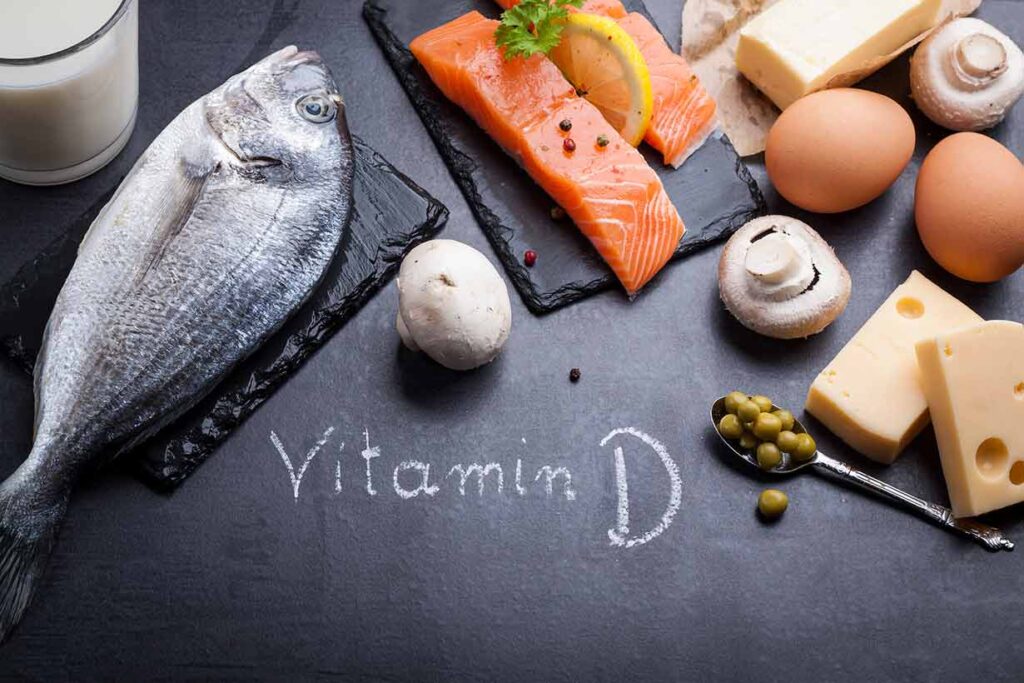
Vitamin E
Vitamin E is another fat soluble vitamin that plays a role as an antioxidant in the entirety of the skin being quite specific to cell membranes. You might hear vitamin E going by the name of tocopherol or tocotrienol.
This fat soluble vitamin is found in quite high amounts in nuts and seeds. Seeds like Sunflower contain large amounts of vitamin E. The recommended daily intake of vitamin E is 15 milligrams.
The main duty of vitamin E is protecting your cells from damage, particularly from the sun, which is why you find vitamin E in many skin beauty products.
This fat soluble vitamin plays a key role in protecting cell membranes from damage. This is why deficiencies result in nerve or muscle damage, muscle weakness, difficulty walking and anaemia of the red blood cells.
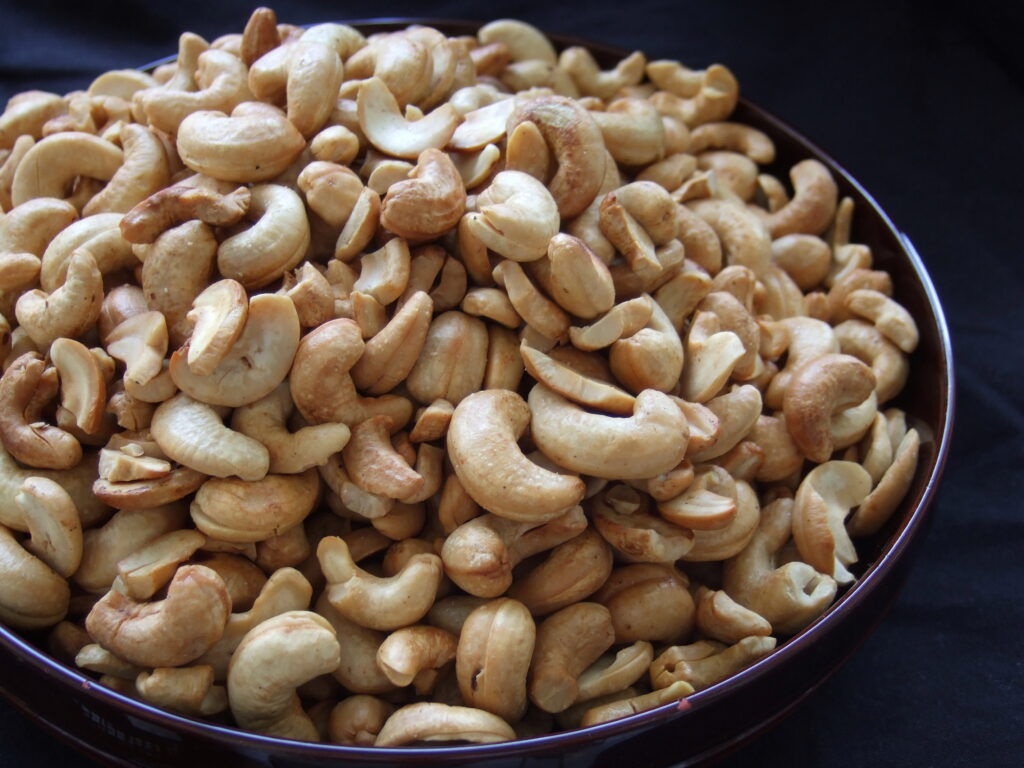
Vitamin K
Vitamin K is involved in clotting in wound healing and protein synthesis.
When your blood vessels become damaged through high blood pressure and narrowed arteries vitamin K forms part of the response to stop the damage to blood vessels internally.
This is quite a major part of wound healing and serious deficiency in vitamin K can result in death. Deficiency of vitamin K can result in bleeding diathesis, unexplained bruising and bleeding and haemophilia.
Vitamin K allows the blood to clot sealing wounds to arteries or veins on the inside. There is also the same effect to external wounds like a skin graze, where the wound clots in the presence of vitamin K.
Supplements of vitamin K have been used to accelerate wound healing. This vitamin is also thought to help control the binding of calcium in the bones.
Again, there are various types of vitamin K, as with vitamins D, A and E. This adds a little bit of extra confusion when looking at any food supplement labels.
Vitamin K1 is known as phylloquinone and is found in large amounts in kale and spinach. There is also menaquinone or Vitamin K2 and K3 or menadione.
Vitamin K is one of the harder to come by fat soluble vitamins, but nonetheless very important. Many people are unaware of a deficiency in vitamin K until it physically presents itself.
Your daily recommended guideline intake of vitamin K is 110 micrograms.
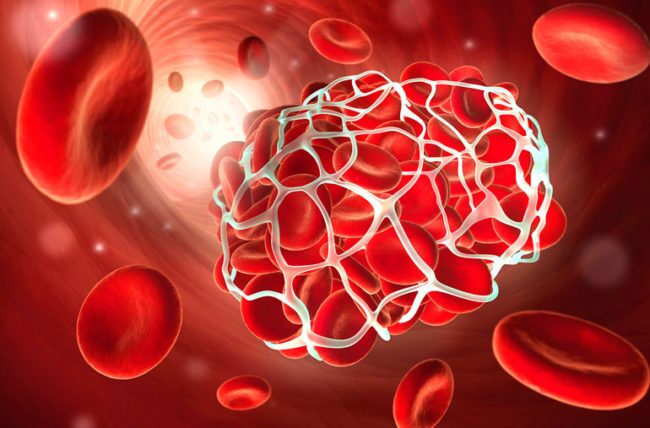
Conclusion
The 4 main fat soluble vitamins A, D, E and K are all essential for life.
Their intake is guided through the digestive tract once bound to lipid molecules and they can’t be absorbed without fats.
Vitamin A is an antioxidant that has its main function in the eyes, vitamin D is mainly implicated in calcium uptake into the bones and teeth, vitamin E is a membrane scavenging antioxidant and vitamin K is involved in clotting and wound healing.
For more interesting articles head to the main articles page below.
